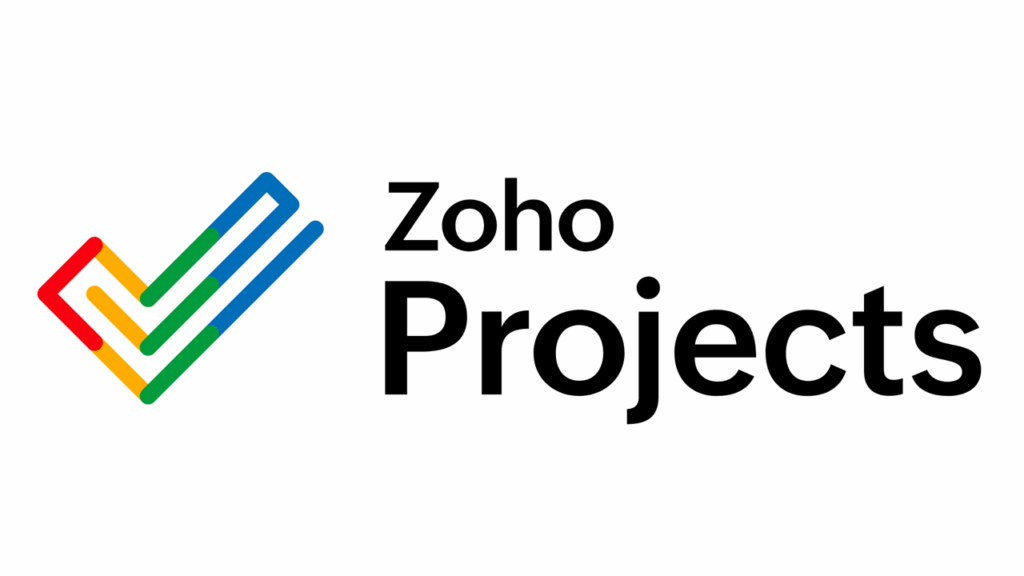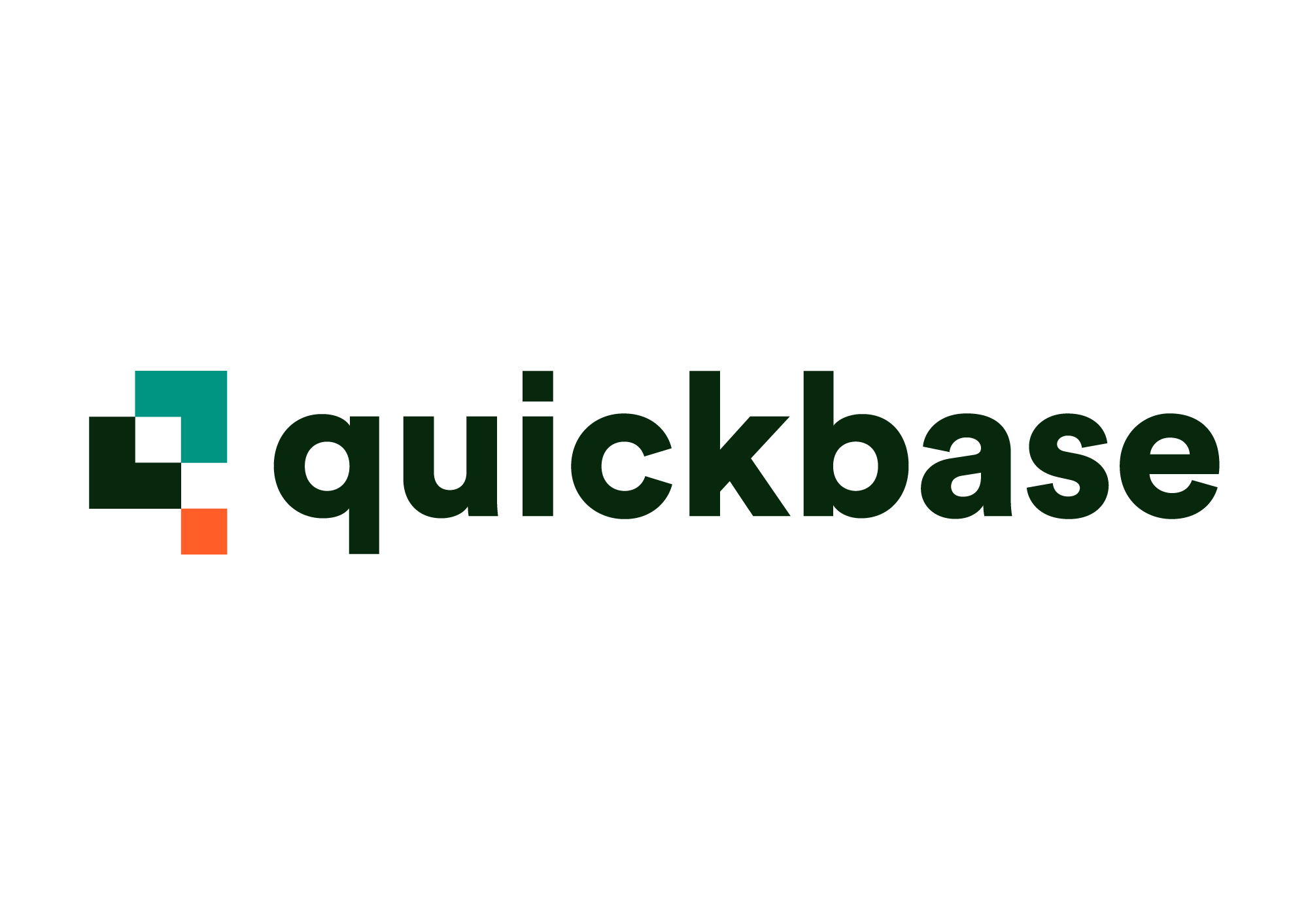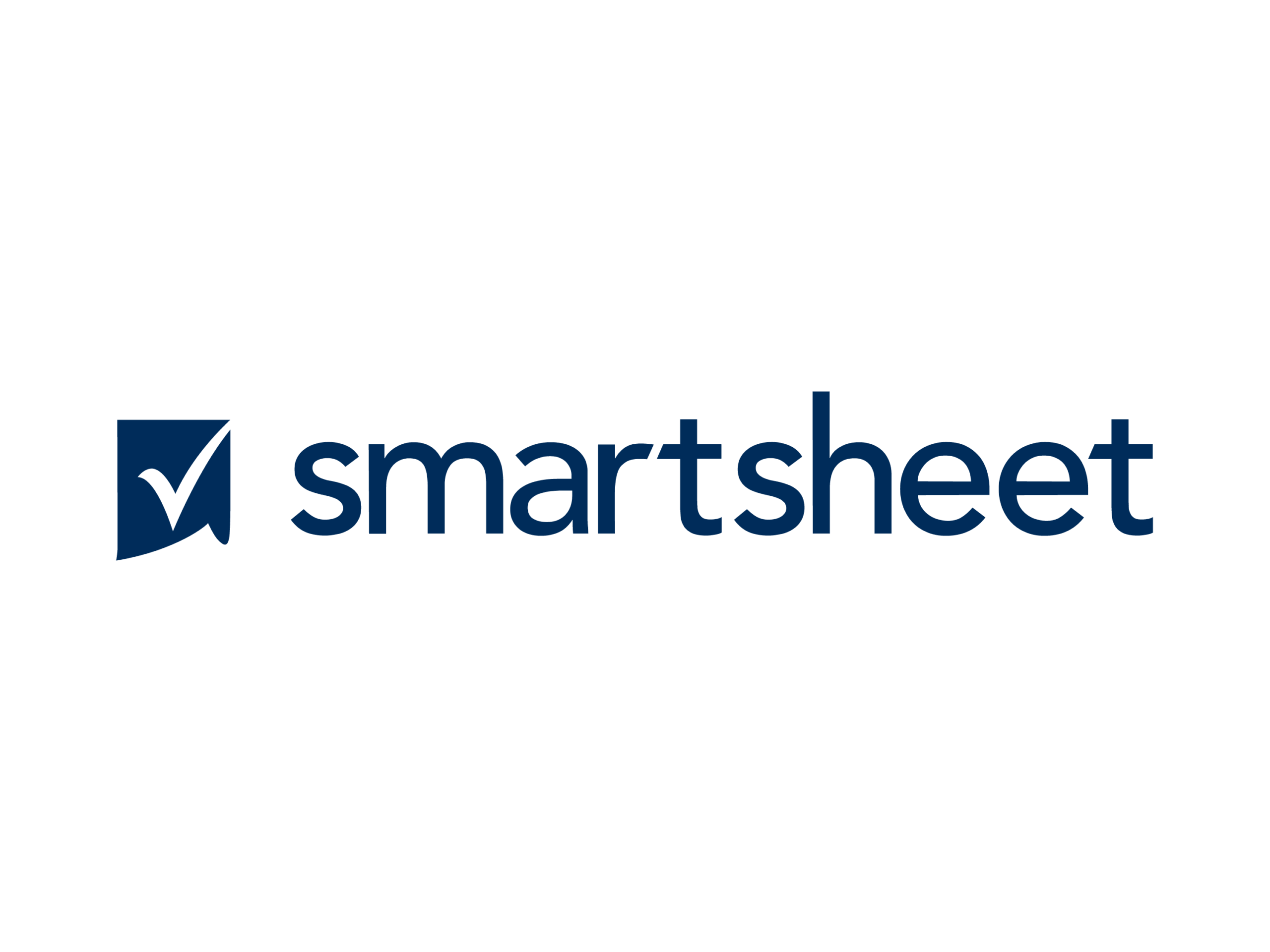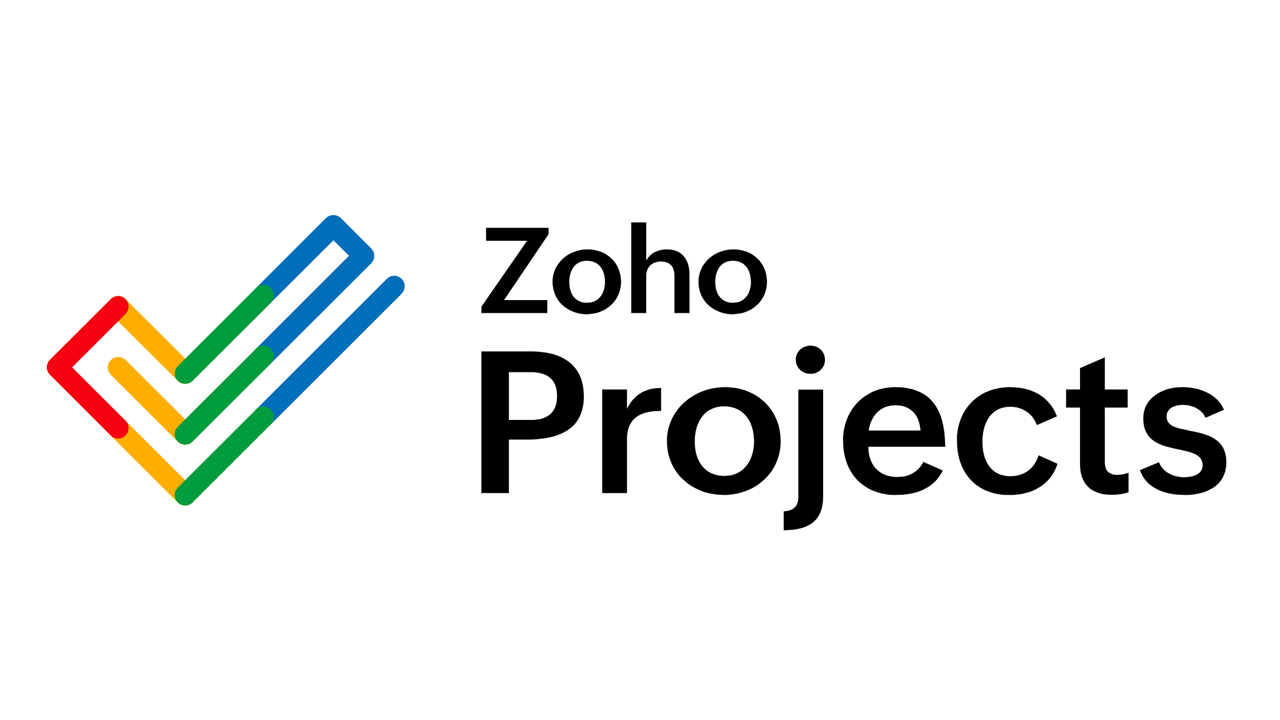Project Management Platforms

In today’s rapidly evolving business landscape, effective project management has become the cornerstone of organizational success. As companies navigate increasingly complex projects and distributed teams, the need for robust project management platforms has never been more critical. These digital solutions serve as the central nervous system of modern enterprises, orchestrating tasks, resources, and communications across departments and time zones. Whether you’re managing a small startup team or coordinating enterprise-level initiatives, choosing the right project management platform can mean the difference between seamless execution and operational chaos.
Table of Contents
- Quick Summary
- What Are Project Management Platforms?
- Leading Platforms in Focus
- Key Comparison Parameters
- Comprehensive Platform Comparison
- Summing up
- Frequently Asked Questions
- Benefits of Cooperation with Solution for Guru
Quick Summary
Project management platforms have revolutionized how organizations plan, execute, and monitor their initiatives. Moreover, these sophisticated tools combine task management, resource allocation, team collaboration, and reporting capabilities into unified ecosystems. Among the market leaders, Quickbase stands out for its no-code application development capabilities, while Smartsheet excels with its familiar spreadsheet interface, and Zoho Projects offers comprehensive suite integration. Subsequently, this article provides an in-depth analysis of these platforms, their unique strengths, and how they address different organizational needs. Understanding their distinctions will help you make an informed decision that aligns with your specific project management requirements and business objectives.
What Are Project Management Platforms?
Project management platforms represent sophisticated digital ecosystems designed to streamline the entire project lifecycle from inception to completion. Fundamentally, these platforms serve as centralized command centers where teams can collaborate, track progress, manage resources, and maintain visibility across all project activities. Unlike traditional management methods that rely on disparate tools and manual coordination, modern project management platforms integrate multiple functionalities into cohesive systems.
Furthermore, these platforms have evolved significantly from simple task-tracking tools to comprehensive business management solutions. They now incorporate advanced features such as artificial intelligence-driven insights, predictive analytics, real-time collaboration capabilities, and extensive third-party integrations. Consequently, organizations can achieve unprecedented levels of efficiency, transparency, and accountability in their project execution.
The core components of project management platforms typically include task management systems that allow teams to create, assign, and track work items throughout their lifecycle. Additionally, resource management features enable optimal allocation of human and material resources, preventing bottlenecks and ensuring efficient utilization. Time tracking capabilities provide accurate project costing and billing, while communication tools facilitate seamless collaboration regardless of geographical boundaries.
Moreover, modern platforms emphasize data-driven decision-making through robust reporting and analytics features. These tools generate actionable insights from project data, helping managers identify trends, predict potential issues, and optimize processes continuously. As a result, organizations can move beyond reactive management to proactive strategic planning.
Leading Platforms in Focus
Quickbase: The No-Code Powerhouse

Quickbase has established itself as a revolutionary force in the project management platform landscape, particularly for organizations seeking rapid application development without extensive coding requirements. This platform empowers business users to create custom applications tailored to their specific workflow needs, effectively democratizing software development across the enterprise.
At its core, Quickbase operates on a low-code/no-code philosophy that enables users to build sophisticated applications through intuitive drag-and-drop interfaces. Subsequently, this approach significantly reduces the time and cost associated with traditional software development while maintaining enterprise-grade security and scalability. Organizations can create custom project management solutions that perfectly align with their unique processes rather than adapting their workflows to rigid software constraints.
The platform’s strength lies in its versatility and adaptability. Whether managing construction projects, coordinating marketing campaigns, or overseeing product development cycles, Quickbase provides the flexibility to accommodate diverse industry requirements. Furthermore, its robust automation capabilities streamline repetitive tasks, reducing manual effort and minimizing human error. Teams can establish automated workflows that trigger actions based on specific conditions, ensuring consistent process execution and timely notifications.
Smartsheet: Spreadsheet-Style Project Management

Smartsheet has carved out a distinctive niche by combining the familiarity of spreadsheet interfaces with powerful project management capabilities. This innovative approach reduces the learning curve for teams already comfortable with Excel-like environments while providing advanced features that traditional spreadsheets cannot match.
The platform’s grid view serves as its foundation, offering a familiar workspace where teams can organize and manage project data. However, Smartsheet extends far beyond basic spreadsheet functionality by incorporating Gantt charts for timeline visualization, card views for Kanban-style task management, and calendar views for scheduling oversight. Consequently, teams can switch between different perspectives based on their immediate needs without losing data consistency or context.
Collaboration features represent another cornerstone of Smartsheet’s value proposition. Real-time updates ensure all team members work with current information, while automated alerts and reminders keep projects on track. Additionally, the platform’s proofing and approval workflows streamline review processes, particularly valuable for creative teams managing content development and approval cycles. Document attachments, comments, and @mentions facilitate contextual communication directly within the project workspace, eliminating the need for separate communication channels.
Zoho Projects: The Comprehensive Suite

Zoho Projects distinguishes itself through seamless integration with the broader Zoho ecosystem, creating a unified business management environment. This comprehensive approach appeals particularly to organizations already invested in Zoho’s suite of business applications or those seeking an all-in-one solution for their operational needs.
The platform delivers robust project planning capabilities through interactive Gantt charts that visualize project timelines, dependencies, and critical paths. Moreover, milestone tracking ensures teams maintain focus on key deliverables while task dependencies prevent scheduling conflicts and resource overallocation. The platform’s issue tracking system helps teams identify and resolve problems promptly, maintaining project momentum and quality standards.
Zoho Projects excels in facilitating team collaboration through integrated forums, chat functionality, and document management systems. These features create a centralized knowledge repository where team members can share insights, discuss challenges, and access project documentation. Furthermore, the platform’s time tracking capabilities integrate seamlessly with Zoho’s billing and invoicing systems, streamlining project accounting and client billing processes.
Key Comparison Parameters
User Interface and Ease of Use
The user interface represents a critical factor in platform adoption and long-term success. Quickbase offers a modern, customizable interface that adapts to different user preferences and workflows. Its drag-and-drop application builder enables rapid customization without technical expertise, though the initial setup may require more planning compared to pre-configured solutions.
Conversely, Smartsheet‘s spreadsheet-based interface provides immediate familiarity for users accustomed to Excel, reducing training requirements and accelerating adoption. The platform maintains consistency across different views, ensuring users can navigate confidently regardless of their chosen perspective. However, this familiarity might limit creative thinking about alternative project management approaches.
Meanwhile, Zoho Projects presents a clean, intuitive interface that balances functionality with simplicity. The platform’s consistent design language across the Zoho suite reduces cognitive load for users working with multiple Zoho applications. Nevertheless, the extensive feature set might overwhelm new users initially, requiring structured onboarding to maximize platform utilization.
Collaboration Features
Effective collaboration capabilities can significantly impact project success rates and team productivity. Quickbase facilitates collaboration through shared workspaces, real-time notifications, and customizable dashboards that provide role-specific information to different stakeholders. The platform’s permission management system ensures data security while enabling appropriate access for team members, clients, and external partners.
Smartsheet enhances collaboration through its proofing and approval workflows, particularly valuable for content-heavy projects. The platform’s update requests feature allows project managers to gather information from stakeholders who don’t require full platform access, streamlining data collection processes. Additionally, automated workflows trigger notifications and actions based on specific events, keeping all participants informed and engaged.
Zoho Projects provides comprehensive collaboration tools including built-in chat, forums, and social feeds that create virtual team rooms. These features foster continuous communication and knowledge sharing, particularly valuable for distributed teams. The platform’s integration with Zoho Meeting enables seamless transition from asynchronous to synchronous communication when real-time discussion becomes necessary.
Customization and Flexibility
Customization capabilities determine how well a platform can adapt to unique organizational requirements. Quickbase leads in this area with its no-code application development platform, enabling organizations to create entirely custom solutions. Users can design custom forms, workflows, and reports that precisely match their business processes. Furthermore, the platform’s API enables deep integration with existing systems, creating seamless data flows across the technology stack.
Smartsheet offers moderate customization through custom fields, formulas, and conditional formatting that extend its spreadsheet foundation. The platform’s solution center provides industry-specific templates that accelerate deployment while maintaining flexibility for modifications. However, customization options remain somewhat constrained by the spreadsheet paradigm, potentially limiting complex workflow implementations.
Zoho Projects provides extensive customization through custom fields, layouts, and workflows that adapt to different project types. The platform’s blueprint feature enables organizations to define standardized processes while maintaining flexibility for project-specific variations. Additionally, Zoho’s development platform allows technical teams to create custom extensions and integrations, though this requires programming expertise.
Integration Capabilities
Modern project management platforms must integrate seamlessly with existing business systems to maximize value. Quickbase offers extensive integration options through its native connectors, RESTful API, and partnerships with integration platforms like Zapier and Workato. These capabilities enable bi-directional data synchronization with CRM systems, accounting software, and communication tools, creating unified operational environments.
Smartsheet provides robust integration capabilities through its connector framework, supporting popular business applications including Microsoft Office 365, Google Workspace, Salesforce, and Slack. The platform’s bridge feature enables sophisticated multi-system workflows, automating data movement and process coordination across applications. Moreover, Smartsheet’s API supports custom integrations for unique requirements.
Zoho Projects naturally integrates with the extensive Zoho ecosystem, providing seamless connections to CRM, accounting, HR, and marketing applications. For external integrations, the platform supports popular third-party tools through Zapier and custom API connections. However, integration complexity might increase when connecting with non-Zoho applications, potentially requiring technical expertise or middleware solutions.
Pricing and Value Proposition

Understanding pricing structures and value propositions helps organizations make informed investment decisions. Quickbase operates on a platform-based pricing model that scales with user count and application complexity. While initial costs might appear higher than competitors, the platform’s flexibility and customization capabilities often deliver superior long-term value through reduced development costs and increased operational efficiency.
Smartsheet employs a tiered subscription model with plans ranging from individual users to enterprise deployments. The platform’s transparent pricing structure simplifies budgeting, though costs can escalate quickly as teams grow and require advanced features. The familiar interface and rapid deployment capability provide quick time-to-value, justifying investment for many organizations.
Zoho Projects offers competitive pricing with a free tier for small teams and scalable paid plans for larger organizations. The platform’s value proposition strengthens considerably for organizations utilizing multiple Zoho applications, as bundle pricing provides significant cost savings. Additionally, Zoho’s commitment to feature parity across pricing tiers ensures smaller organizations access powerful capabilities without enterprise-level investments.
Comprehensive Platform Comparison
Summing up
After comprehensive analysis of these project management platforms, it becomes evident that each solution addresses specific organizational needs and preferences. Quickbase emerges as the optimal choice for organizations requiring maximum flexibility and customization capabilities. Its no-code platform empowers businesses to create tailored project management software that evolves with changing requirements, making it particularly valuable for companies with unique or complex workflows.
Smartsheet proves ideal for teams seeking rapid deployment with minimal training requirements. The familiar spreadsheet interface accelerates adoption while advanced project management features provide substantial capability improvements over traditional spreadsheet applications. Organizations transitioning from Excel-based project tracking find Smartsheet’s approach particularly appealing, as it preserves familiar working methods while introducing powerful project management software functionality.
Zoho Projects delivers exceptional value for organizations seeking comprehensive business management solutions. The platform’s integration with the broader Zoho ecosystem creates synergies that extend beyond project management into complete operational oversight. Small to medium businesses particularly benefit from Zoho’s competitive pricing and feature-rich project management software that rivals enterprise solutions.
Ultimately, selecting between Quickbase, Smartsheet, and Zoho as your project management software depends on your organization’s specific requirements, technical capabilities, and strategic objectives. Consider factors such as team size, project complexity, integration needs, and budget constraints when making your decision. Remember that successful implementation depends not only on platform capabilities but also on organizational commitment to adoption and proper change management processes.
Frequently Asked Questions
Implementation timelines vary significantly based on platform choice and organizational complexity. Smartsheet typically offers the fastest deployment, with basic functionality operational within days and full implementation achievable in 2-4 weeks for most organizations. The familiar spreadsheet interface minimizes training requirements, accelerating adoption across teams. Zoho Projects generally requires 3-6 weeks for comprehensive implementation, including integration with other Zoho applications and customization of workflows. The platform’s extensive features benefit from structured rollout phases to prevent overwhelming users. Quickbase implementations range from 4-8 weeks for standard deployments to several months for complex, custom application development. However, the platform’s no-code approach enables iterative development, allowing organizations to start with basic functionality and expand capabilities over time.
All three platforms demonstrate enterprise-grade capabilities, though with different strengths. Quickbase excels at managing complex, interconnected project portfolios through its custom application development capabilities. Organizations can create sophisticated portfolio management systems with multi-level reporting, resource optimization, and strategic alignment features. Smartsheet provides robust portfolio management through its Control Center feature, enabling standardized project creation, consolidated reporting, and governance oversight across hundreds of simultaneous projects. The platform’s scalability has been proven by Fortune 500 companies managing extensive project portfolios. Zoho Projects handles enterprise portfolios through its hierarchical project structure, advanced resource management, and comprehensive reporting capabilities. The platform’s integration with Zoho Analytics enables sophisticated portfolio analytics and predictive insights. All three platforms support unlimited projects and users in their enterprise tiers, ensuring scalability for growing organizations.
Benefits of Cooperation with Solution for Guru
Implementing project management platforms successfully requires more than just selecting the right software; it demands strategic planning, expert guidance, and ongoing optimization. This is where partnering with Solution for Guru (https://www.solution4guru.com/) becomes invaluable for organizations seeking to maximize their project management platform investments.
Solution for Guru brings extensive expertise in implementing and optimizing project management solutions across diverse industries and organizational scales. Their consultants understand the nuances of Quickbase, Smartsheet, and Zoho platforms, ensuring clients select and configure the most appropriate solution for their specific needs. Through comprehensive needs assessment, Solution for Guru identifies not only current requirements but anticipates future scalability needs, preventing costly platform migrations down the line.

Additionally, Solution for Guru‘s vendor relationships often provide clients with preferential pricing, priority support access, and early access to new features. These partnerships, developed through years of successful implementations, translate into tangible benefits for client organizations. The company’s vendor-agnostic approach ensures recommendations align with client needs rather than partnership obligations, maintaining objectivity throughout the selection and implementation process.
In conclusion, while Quickbase, Smartsheet, and Zoho offer powerful project management capabilities, realizing their full potential requires expert guidance and strategic implementation. Solution for Guru bridges the gap between platform capabilities and organizational objectives, ensuring successful digital transformation through proven methodologies, technical expertise, and unwavering commitment to client success. Their partnership transforms project management platform implementation from a technical challenge into a strategic advantage, positioning organizations for sustained operational excellence and competitive differentiation.






